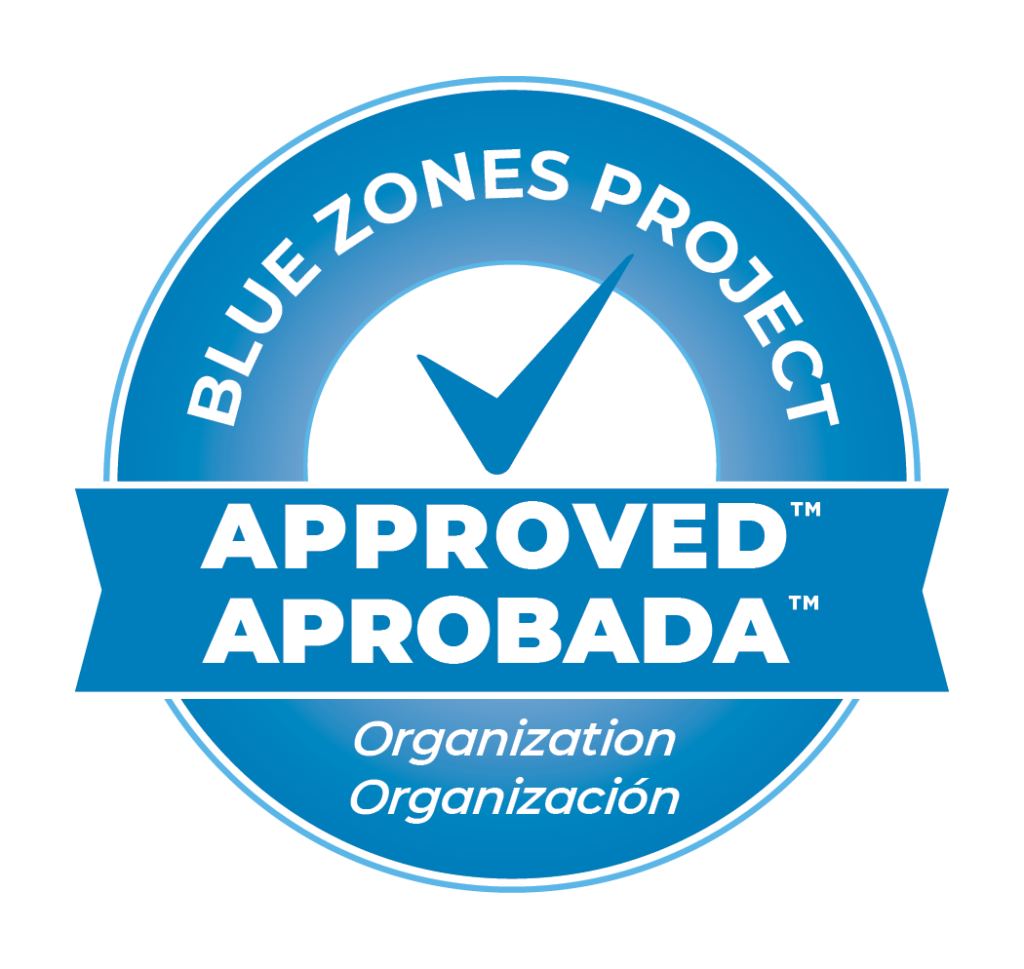[vc_row type=”in_container” full_screen_row_position=”middle” scene_position=”center” text_color=”dark” text_align=”left” overlay_strength=”0.3″ shape_divider_position=”bottom”][vc_column column_padding=”no-extra-padding” column_padding_position=”all” background_color_opacity=”1″ background_hover_color_opacity=”1″ column_shadow=”none” column_border_radius=”none” width=”1/1″ tablet_text_alignment=”default” phone_text_alignment=”default” column_border_width=”none” column_border_style=”solid”][image_with_animation image_url=”11275″ alignment=”center” animation=”Fade In” img_link_large=”yes” border_radius=”none” box_shadow=”none” max_width=”100%”][/vc_column][/vc_row][vc_row type=”in_container” full_screen_row_position=”middle” scene_position=”center” text_color=”dark” text_align=”left” overlay_strength=”0.3″ shape_divider_position=”bottom”][vc_column column_padding=”no-extra-padding” column_padding_position=”all” background_color_opacity=”1″ background_hover_color_opacity=”1″ column_shadow=”none” column_border_radius=”none” width=”1/1″ tablet_text_alignment=”default” phone_text_alignment=”default” column_border_width=”none” column_border_style=”solid”][vc_column_text]Interim, Inc.’s new $4.5M facility to treat mental illness, substance abuse
Eduardo Cuevas, For the CalifornianPublished 6:32 p.m. PT May 11, 2018
In the face of an estimated tenfold need to treat Monterey County residents with mental illness and substance use, a new Marina housing and rehabilitation facility seeks to ameliorate the related disorders in the region.
Interim Inc., a nonprofit organization that provides support services, housing and treatment for mentally ill adults in Monterey County, opened the 14-bedroom Bridge House in April and held a ribbon cutting Friday.
The $4.5 million-dollar facility will be used to help treat those with mental illness and substance use, or dual diagnosis disorders.
“Our vision is to have enough mental health services for everyone who needs them in Monterey County,” Executive Director Barbara Mitchell said. “It’s not just us. It’s the whole community that has to come together.”
The Bridge House has 14 beds for residents as part of its transitional residential treatment program, and Bridge House clients attend the Wellness and Recovery Academy, a day rehabilitation program.
The rehabilitation program has capacity for 25 people daily. This facility and day program expands Interim’s capacity from 40 to 70 people served annually.
Antonio Garibaldi went through the Bridge House program in 2010. He now works to help others with mental health and substance use disorders.
“They actually cared enough to allow me to be me,” Garibaldi said, “Learn about what made me tick, point out flaws I didn’t like in myself and just allowed me to be a better person.”
Interim Deputy Director Jane Odegard said Bridge House residents make their own meals, have wifi and television, a meditation room and access to bikes and public transportation, among other amenities. They can also use Interim’s educational and employment services.
“It’s a therapeutic community,” she added.
Funding structures, regulations and laws have historically divided mental illness and substance use treatments, said Monterey County Behavioral Health Director Amie Miller, even though both are closely related.
“It doesn’t make sense, it’s a chicken before the egg type of thing,” Miller described. “Clinically, we believe that the future is about these co-occurring disorder services, where you’re meeting all people’s needs.”
The county’s Behavioral Health Bureau will fund services at the Interim facility through MediCal billing and California’s Mental Health Services Act.
An Interim press release said 45 percent of individuals in the Monterey County adult mental health system also have a substance use disorder.
“It doesn’t work well to have separate treatment programs,” Mitchell said. “This is kind of unique in a residential treatment program.”
She said there are few similar programs throughout the state, citing Interim’s inspiration from an existing Berkeley treatment facility that also trained her organization how to implement the Bridge House.
Despite Interim now treating 70 people experiencing mental illness or substance use per year, Miller estimates there are more than 700 people countywide that could benefit from similar services.
“Quite a bit of unmet need, but we’ll keep chipping away at it,” she added.
Funding for the Bridge House was made possible by a Central California Alliance for Health grant for $2.5 million, in addition to local grants, loans and donations.
Construction for the Bridge House began in March 2017 and ended last February. The land was part of a transfer from the U.S. Dept. of Health and Human Services following Ft. Ord’s military closure more than 20 years ago.
Located in a cul-de-sac housing other Interim services, the facility has 6,500 square feet while the day substance use building occupies 2,500 square feet.
Using the old Bridge House location in Downtown Monterey, Interim will also open its 13-bed Manzanita House for people experiencing mental health crisis on May 14, with an official opening in June.[/vc_column_text][/vc_column][/vc_row][vc_row type=”in_container” full_screen_row_position=”middle” scene_position=”center” text_color=”dark” text_align=”left” overlay_strength=”0.3″ shape_divider_position=”bottom”][vc_column column_padding=”no-extra-padding” column_padding_position=”all” background_color_opacity=”1″ background_hover_color_opacity=”1″ column_shadow=”none” column_border_radius=”none” width=”1/1″ tablet_text_alignment=”default” phone_text_alignment=”default” column_border_width=”none” column_border_style=”solid”][/vc_column][/vc_row]




